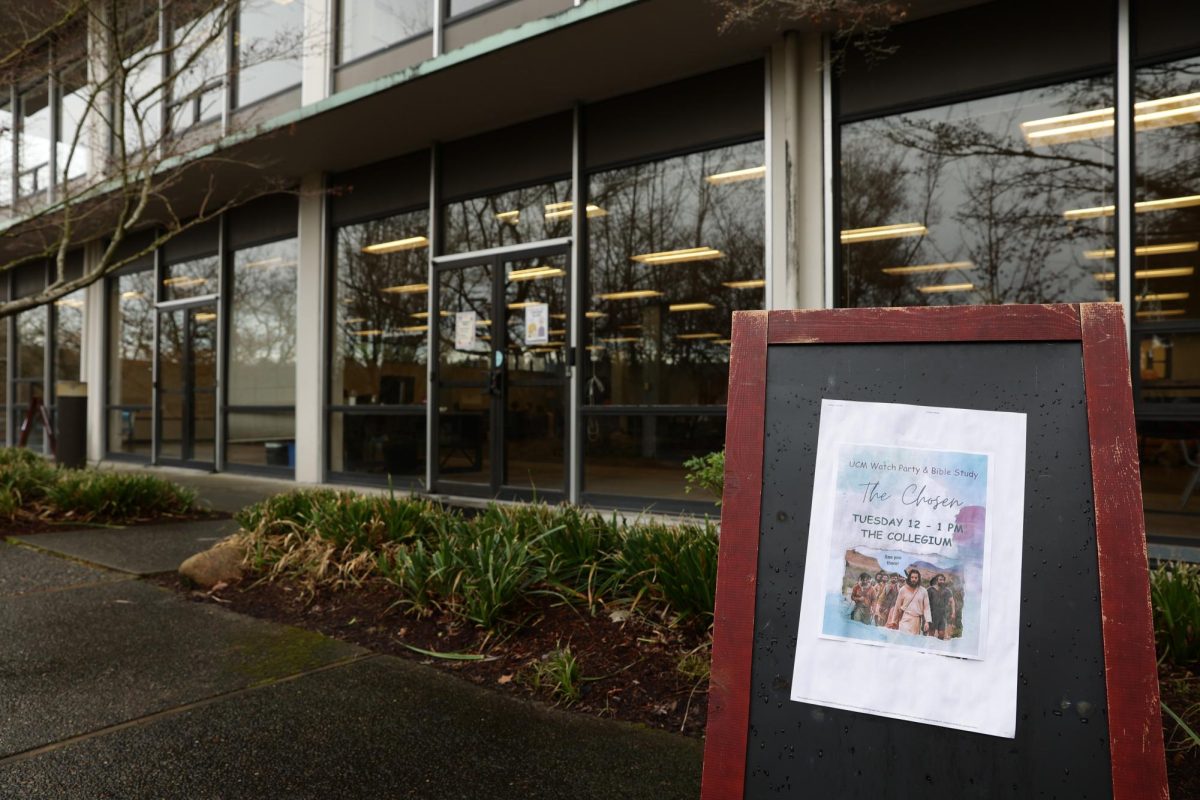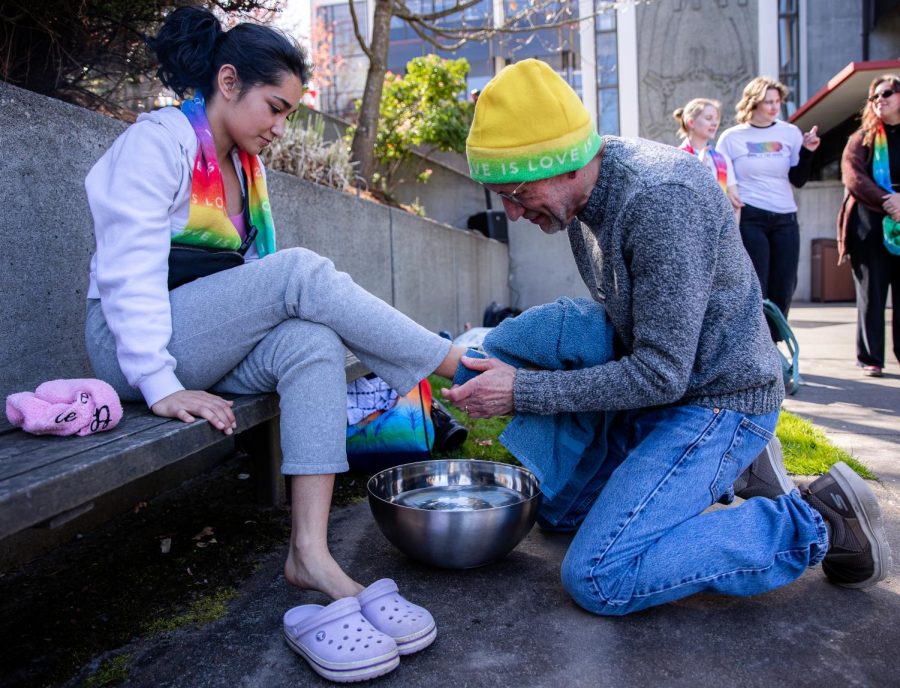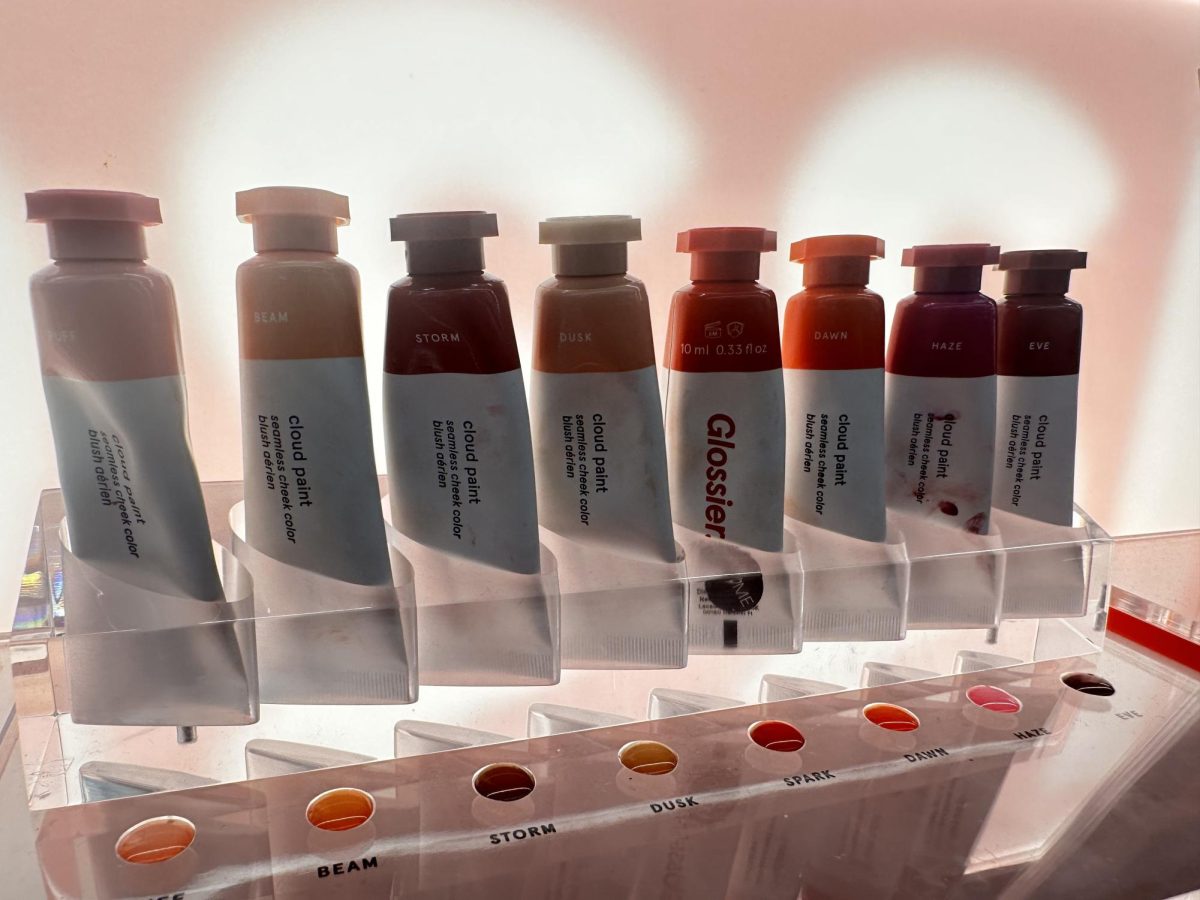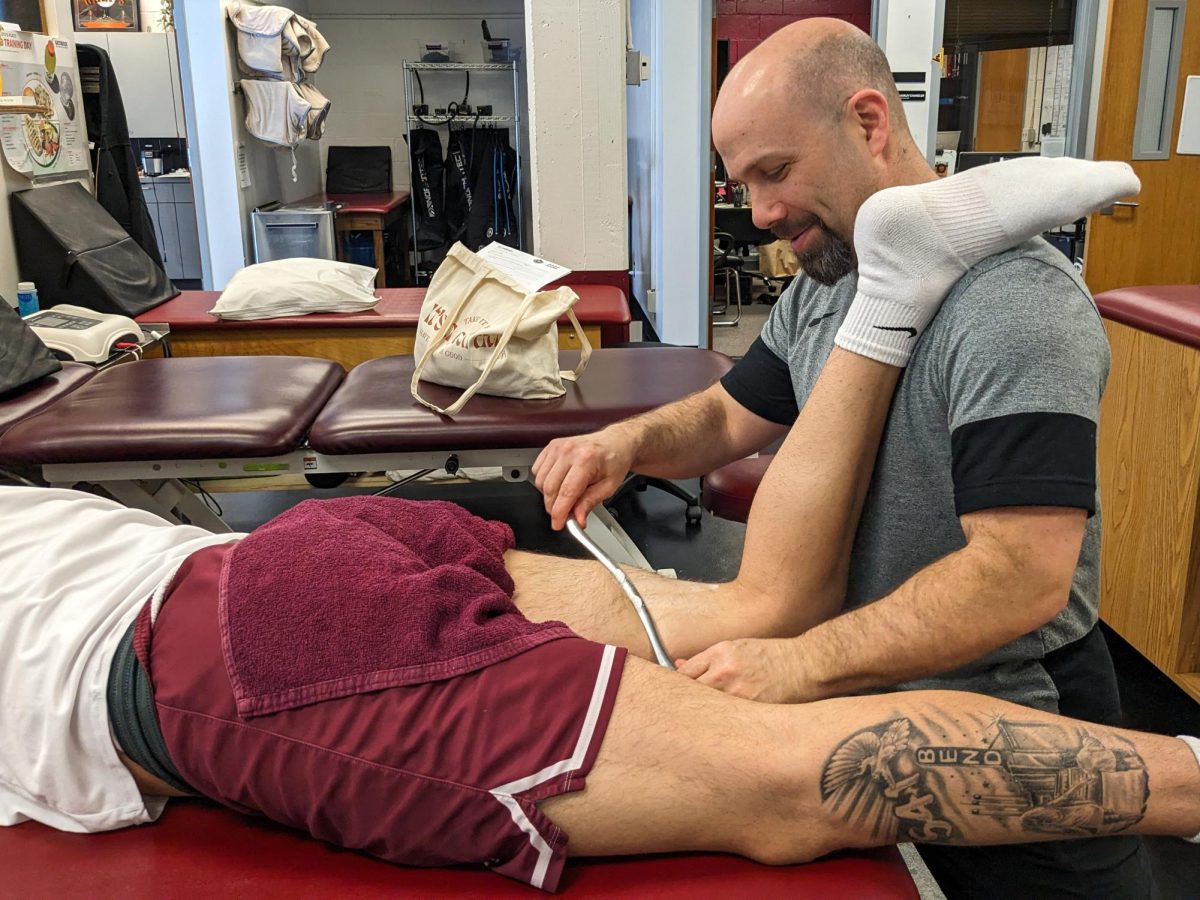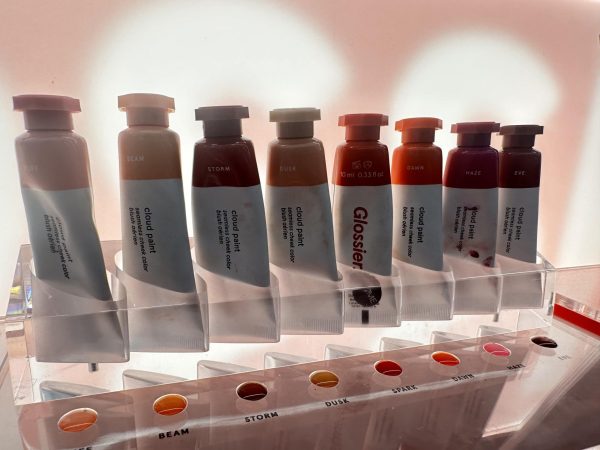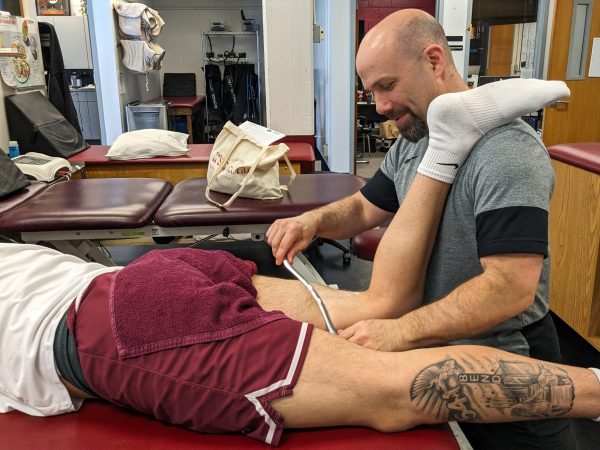Tampon tax causes women to pay more than their fair share
In the United States, it is more expensive to be a woman than a man.
In a 2015 study done by the New York Department of Consumer Affairs, it was found that items marketed towards women cost an average of 7 percent more than counterparts marketed towards men.
A similar study conducted by the state of California found that women pay an average of $1,351 more than men annually for similar goods and services.
There are valid arguments to be made over the complete reliability of these studies: what products were reviewed, where, when, etc.
However, one expense that is unquestionably unequal is known as the tampon tax.
Firstly, the term tampon tax is a slight misnomer.
There is no specific tax imposed on feminine hygiene products. However, they are not included on most state’s list of exempted ‘necessary products’ in regards to sales tax.
In Washington state, there are seven categories of products and services that are exempt from sales tax, with dozens of specific items included in each. While gas used to heat chicken barns is included on these lists, no feminine hygiene products make an appearance.
Considering that tampons and other related products often top the list of needed donations at homeless shelters, even over food, it goes without saying that this lack of recognition is a mistake.
As reported by the Washington Post, there are currently over three dozen states that impose a ‘tampon tax’. According to the states’ departments of revenue, Washington state collects 5 million dollars annually from sales tax on tampons, while California collects a massive $20 million.
Tampons are expensive and place an enormous cost burden on the thousands of women who are homeless in King County alone, a problem that is only becoming worse as overall county homelessness grew by 8 percent last year, according to the Seattle Times.
The issue is not just monetary, though. The lack of recognition demonstrated by state legislation conveys a larger deprioritization of basic women’s issues in legislature.
On the first day of the 2016 session of the California state Congress, representative Cristina Garcia introduced Assembly Bill 1561 which would enforce an end to the tampon tax.
With strong vocal support from social media and Garcia herself, the bill passed unanimously. However, it met a tragic end on the desk of Governor Brown who vetoed the bill on the grounds that “the state’s budget remains precariously balanced.”
It should be noted that California’s state budget for the 2016-2017 year was $170.9 billion, according to state budget summary, which means that the tampon tax contribution amounts to .0118 percent of the total budget.
Male focused products, such as Viagra and condoms, are tax exempt. So why is it that only products shared by men receive identification as necessary? Why should women have to pay more than their fair share of tax revenue?
Male lawmakers have also tried to take on this issue, with Republican Washington state senator Joe Fain introducing a bill in the Senate last year, saying, “I kept hearing about this as ‘the luxury tax’ on tampons.”
“It’s not a luxury tax, it’s just a sales tax. It’s not something people can choose to purchase, it’s an absolute necessity that they purchase,” Fain added.
Unfortunately, his bill met the same end as Representative Garcia’s in California, although this one did not even get as far as a hearing.
Recent state legislation movements prove that the issue is not that no one knows about the disparity, it is simply that it is not deemed a priority.
Disputes over tax law is a founding aspect of our American political tradition, yet now we are the ones behind on a movement that is gaining global momentum.
Countries such as Ireland and Canada have recently repealed their tampon taxes, following Kenya’s lead as the first country to successfully tackle this issue all the way back in 2004.
If our state governments are going to get serious about fixing this inequality, they are going to need a push from their constituents.
This is not a small issue, financially or socially. Any kind of government enforced impediment to quality of life is wrong, no matter who it affects.
It’s time to stand up for equality, justice, and demand equal representation in what is necessary. By setting this precedent, we can hope to open the door to breaking down more marginalized barriers across the country.
This is not just a women’s issue; it is representative of citizens exerting their rightful influence over government policy.
Democracy is created to serve the people, and it is the citizen’s duty to ensure it’s doing its job.





